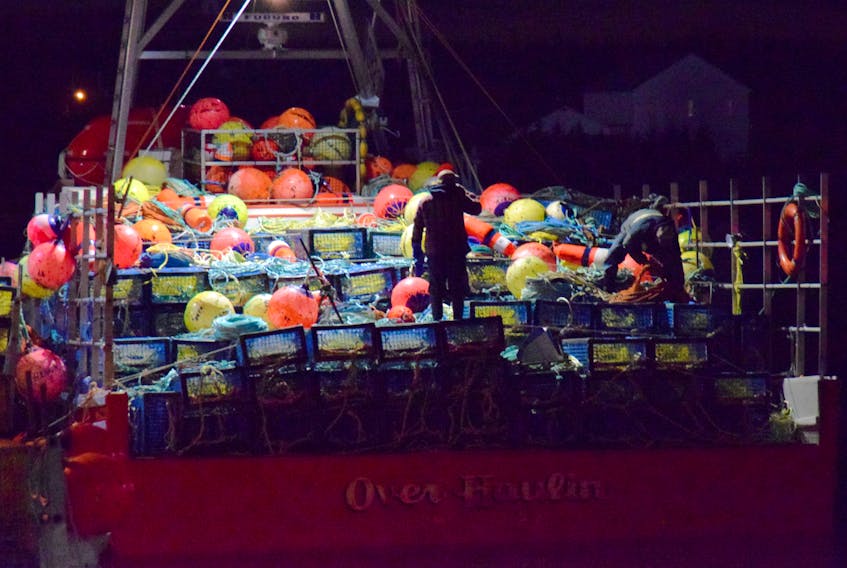The fishing industry has always been cyclical.
And that’s meant a boom and bust for those who depend on the industry. In times when there’s plenty of fish, prices often fall. When prices are strong, species are often scarce.
It’s an issue that seems to be growing. As reporter Brett Bundale pointed out in the Herald earlier this week, new scientific evidence is showing that climate-change-induced “shocks” are hurting the bottom line for the fishing industry as a whole, and for those it employs.
RELATED: 'Climate shocks' reducing fish stocks in New England, and Atlantic Canada could be next
A study from the University of Delaware has put some hard numbers to that damage.
“Fishing communities along the northeastern U.S. seaboard have long struggled with warming waters, dwindling fish stocks and rising unemployment,” Bundale wrote.
“The research published Monday in the Proceedings of the National Academy of Sciences is the first to directly link climate change with declining fishing jobs. It found that climate fluctuations caused a 16 per cent drop in fisheries employment in New England from 1996 to 2017.”
Climate scientists are suggesting to fisheries scientists that dramatic periods of warming are the new normal — meaning the already-precarious world of the fishing industry will become even more precarious.
Worsening booms and busts could mean that it is harder and harder to make a consistent living in the Atlantic Canadian fishery as well.
But if the experience in the Atlantic fishery in the United States is concerning, what’s happening in the northern Pacific is downright frightening. And we’re not talking about a 16 per cent drop, either.
For the first time ever, the Pacific cod fishery in the Gulf of Alaska is being completely closed — for all of 2020.
Here’s U.S. National Public Radio’s story on the closure which, unlike the 1992 Newfoundland cod collapse, is not believed to be necessitated by overfishing: “Up until the emergence of a marine heatwave known as ‘the blob’ in 2014, the stock of cod in the Gulf of Alaska was doing well. But the heat wave caused ocean temperatures to rise (by four to five) degrees. Young cod started dying off, scientists said.”
As NPR points out, “cod numbers crashed by more than half, from 113,830 metric tons in 2014 to 46,080 metric tons in 2017.”
Even more troubling? This year, the remaining cod produced almost no eggs — meaning absolutely no help for the struggling stock — and there are concerns about the heatwave reoccurring.
Climate scientists are suggesting to fisheries scientists that dramatic periods of warming are the new normal — meaning the already-precarious world of the fishing industry will become even more precarious. There are few fisheries workers who can afford to take a full year away from the main species they fish.
There are even fewer who could handle the prospect of that shutdown happening regularly.
The other issue? That while such increased temperature events may be predicted over a range of time, their exact occurrence can’t be pinpointed. And how do you finance a business when you know, less than ever, what the next day will bring?
SaltWire Network
RELATED: 'Climate shocks' reducing fish stocks in New England, and Atlantic Canada could be next









